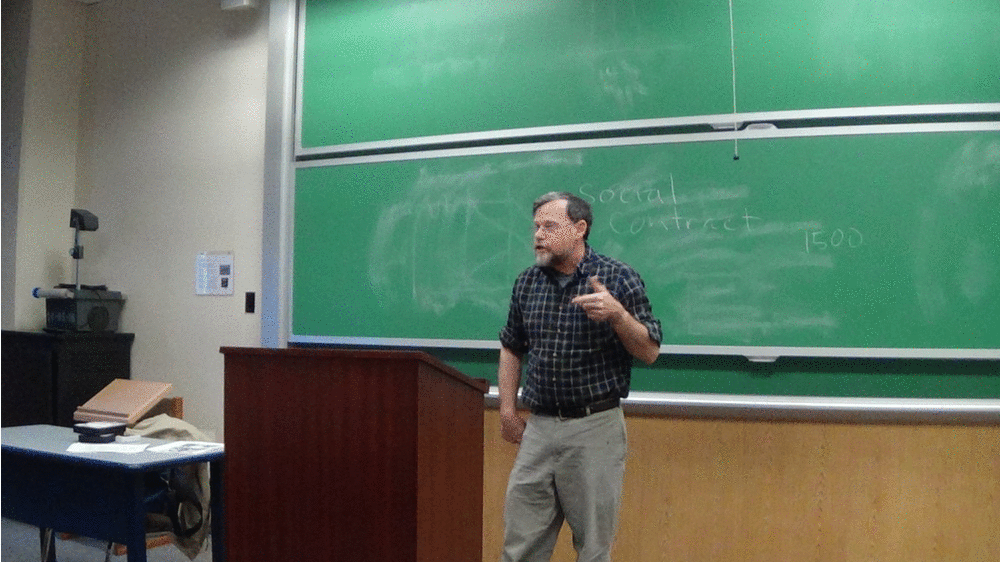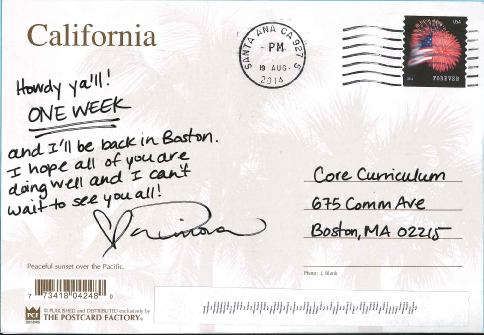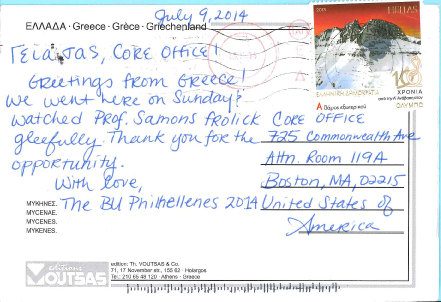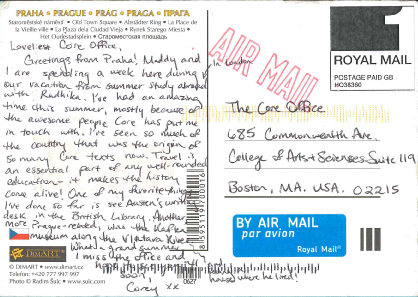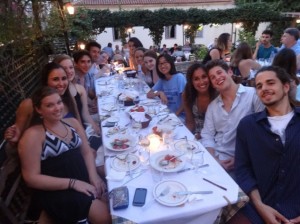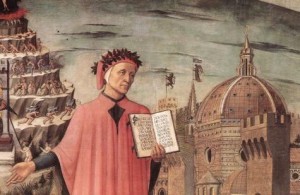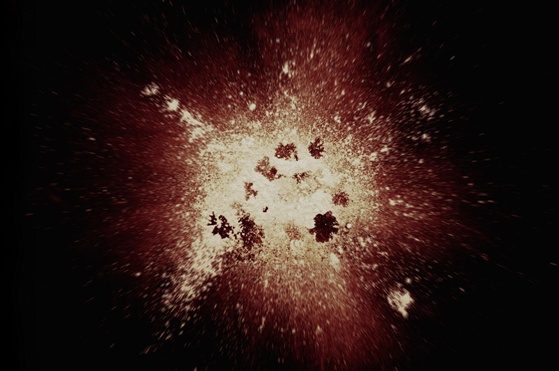
The Big Bang theory was first conceived nearly a century ago. For many people, it seems to explain how the universe came to be. For cosmologists, however, it opens up many more questions. Neil Swidey of the Boston Globe writes, "The Big Bang theory offers an explanation for how the early universe expanded and cooled and how matter congealed, from a primordial soup into stars, planets, and galaxies. What it describes, then, is the aftermath of the Bang. But it is effectively silent on why or how that first massive expansion happened or where all the original matter came from."
MIT professor Alan Guth has spent the past three decades hypothesizing about "what banged, why it banged, [and] what happened before it banged". As a postdoctoral student, Guth developed the inflation theory, the "exponential expansion of the universe within its first fraction of a second", which provided a solution to several major problems with the big bang theory - the monopole problem, the flatness problem and the horizon problem. Swidey explains the theory in everyday-English:
At extremely high energies, there are forms of matter that upend everything we learned about gravity in high school. Rather than being the ultimate force of attraction that Newton and his falling apple taught us, gravity in this case is an incredibly potent force of repulsion. And that repulsive gravity was the fuel that powered the Big Bang.
The universe is roughly 13.8 billion years old, and it began from a patch of material packed with this repulsive gravity. The patch was... one 100-billionth the size of a single proton. But the repulsive gravity was like a magic wand, doubling the patch in size every tenth of a trillionth of a trillionth of a trillionth of a second. And it waved its doubling power over the patch about 100 times in a row, until it got to the size of that marble. All that happened within a hundredth of a billionth of a trillionth of a trillionth of a second. As a point of comparison, the smallest fraction of time that the average human can detect is about one-tenth of a second.
The ingredients of what would become our entire observable universe were packed inside that marble. While the density of ordinary material being put through that kind of exponential expansion would thin out to almost nothing, a quirk of this repulsive-gravity material allowed it to maintain a constant density as it kept growing. But at a certain point — while the universe was still a tiny fraction of a second old — inflation ended. That happened because the repulsive-gravity material was unstable, and, like a radioactive substance, it began to decay. As it decayed, it released energy that produced ordinary particles, which in turn formed the dense, hot “primordial soup.”
The theory turned Guth into a celebrity in the scientific world and landed him a professorship at MIT but at the time it proved impossible to collect observational evidence to support the theory.
Until this past March when astrophysicist John Kovak and his multi-institution team were able to come up with "rock-solid" evidence to back Guth's theory. In 2006, NASA scientists produced a map of the early universe which suggested that Guth was on the right track, but Kovak's evidence seemingly solidifies the theory:
Kovak's team found the smoking gun for inflation: evidence of gravitational radiation, or more specifically, swirling patterns in the polarization of the cosmic microwave background. In the viewfinder of their telescope on the South Pole was light formed just 380,000 years after our universe banged onto the scene. And in that ancient light they detected gravitational radiation that is far older, having been emitted during the universe’s first fraction of a second of existence.
Guth's theory and Kovak's supporting observations strengthen the overall theory of the Big Bang and provide a clearer understanding of the birth of the universe. The full article can be read on The Boston Globe.
On a side note, the inflation theory is not Alan Guth's only achievement; he also won an award for the messiest office in Boston.

